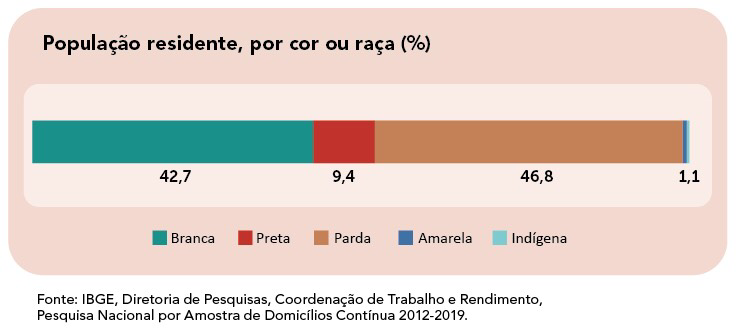Good Afternoon, I've opened this discussion to focus mostly on the issue of race, racism and colour in Brazil to try to understand how different layers intersect and form unique frameworks. Further, I would like to reflect on how one's opinion about the topic can affect his position as internal/external, depending also on the interlocutor's view.
Black Lives Matter reach Brazil
The debate raised by the Black Lives Matter movement spread throughout the world and reached Brazil, where the question of race and identity is now strongly put back on the table, reaching a very wide public. On Nov 14th the Washington Post released a very interesting article (He grew up White. Now he identifies as Black. Brazil grapples with racial redefinition) that might help us to deep into the discussion. Some questions for you (but please, feel free to bring into the discussion whatever thought comes to your mind)
1. What do you think about this official change in one's identification of his/her self?
2. Do you think that the colour-identification in an official document can be relevant for re-building individual and/or collective identity?
A question of cathegory
In the following video (Couple Share Biggest Cultural Differences) go to minute 07:37 and put attention to what the portuguese woman (black) says about brazilian's habit of defining one person based on the category of "colour" instead of that of "ethnicity".
1. What do you think about it?
2. How would you define yourself if you had to write it on your ID card?
3. How do you think the other defines / would define you? Have you ever had some experience related to the argument?
Last national survey said...

For those of you who understand portugues, here it as an article of Globo dating back to November 2017 where is reported the already growing tendency of people's self-identification as black.
A song about discrimination, art as category-making or just a reflection of the already existing ones?
The following song is very focused on a claim of what really is "femininity", but in making the argument it refers also to other categories of discrimination widely present in Brazil.
[...]
Não precisa ser Amélia pra ser de verdade
Cê tem a liberdade pra ser quem você quiser
Seja preta, indígena, trans, nordestina
Não se nasce feminina, torna-se mulher
[...]
E não precisa ser Amélia pra ser de verdade
Cê tem a liberdade pra ser quem você quiser
Menos preta, indígena
Não se apropria
Quer ser preta dia a dia
Pra polícia cê num quer
[ENG]
You don’t need to be Amelia (=a housewife) to be valid
You have the freedom to be who you want
Might it be black, indigenous, trans, northeastern
One is not born a woman, one becomes a woman
[...]
You don’t need to be Amelia (=a housewife) to be valid
You have the freedom to be who you want
except black and indigenous, they are not for appropriation
You want to be black on the day to day but you’re not (black) to the police
1. How would you relate the lyrics of this song to the argument of the colour/ethnicity?
Hope to hear from you soon